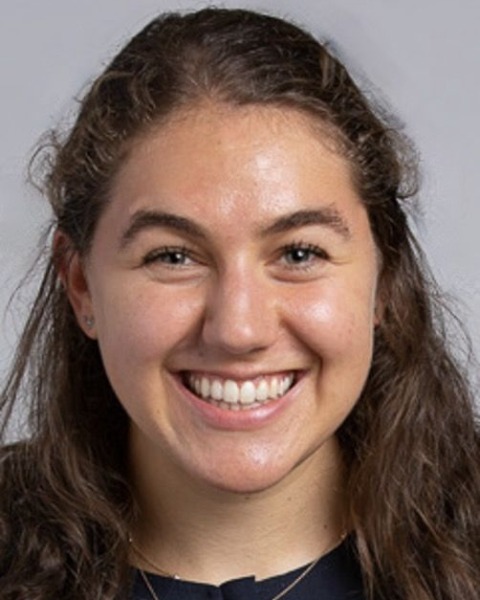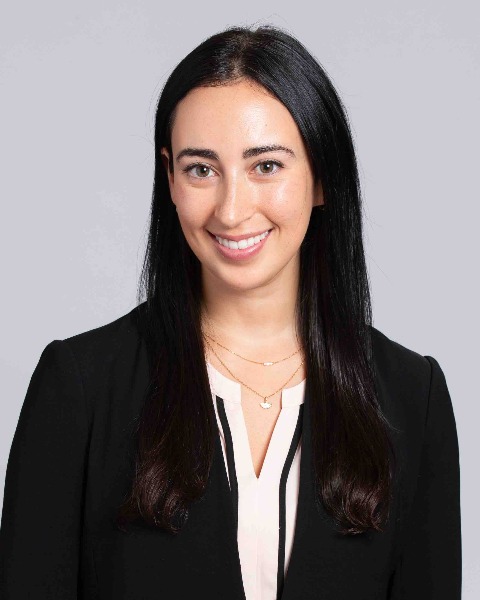Poster Session 4
(992) Is the Timing of Gestational Diabetes Screening Associated with Adverse Perinatal Outcomes?

Chloe Getrajdman, MD, MSCR
Icahn School of Medicine at Mount Sinai
Icahn School of Medicine at Mount Sinai, New York, United States- IB
Isabelle C. Band, BA
Medical Student
Icahn School of Medicine at Mount Sinai
New York, New York, United States 
Sara Wetzler, BA
Medical Student
Icahn School of Medicine at Mount Sinai
New York, New York, United States
Alexandra N. Mills, MD (she/her/hers)
Resident Physician
Division of Maternal-Fetal Medicine, Icahn School of Medicine at Mount Sinai
New York, NY, United States- GS
Guillaume Stoffels, MS
Statistician
Icahn School of Medicine at Mount Sinai
New York, New York, United States 
Chelsea A. DeBolt, MD, MSCR
Assistant Professor
Icahn School of Medicine at Mount Sinai
New York, NY, United States- CL
Calvin E. Lambert, Jr., MD
Icahn School of Medicine at Mount Sinai
New York, New York, United States
Submitting Author and Presenting Author(s)
Coauthor(s)
Study Design: A retrospective cohort study of singleton, non-anomalous pregnancies at one institution from 2019-2022 and diagnosed with GDM via the 2-step test. The early cohort included patients screened from 24-26.6 and the late cohort included those screened from 27-28.6. The primary outcome was a composite of perinatal morbidity: macrosomia, shoulder dystocia, hypertensive disorders of pregnancy, cesarean delivery for presumed macrosomia, neonatal intensive care unit (NICU) admission, among other adverse neonatal outcomes. Additional secondary maternal and neonatal outcomes were collected. Bivariate analyses, univariate and multivariate regressions were performed
Results:
Of 433 patients included, 213 (49.2%) screened early and 220 (50.8%) screened late. More patients self-identified as Asian in the early group (p=0.0002) and a larger proportion of patients had 1st trimester GDM screening (p=0.001) in the late group (Table 1). In univariate and multivariate analyses, there were no significant differences in the composite outcome between the groups (late vs early screening: aOR 0.82, 95% CI 0.54-1.26, p=0.36). A significantly higher incidence of macrosomia (7 vs 2.7%, p=0.04) and trend toward increased NICU admission (8.9 vs 4.5%, p=0.07) was seen in the early group (Table 2)
Conclusion:
Among patients diagnosed with GDM using the 2-step test, there was no difference in odds of composite perinatal morbidity among patients screened at the earlier or later end of the 24-28 week screening interval, though there were differences in race and prevalence of early glucose screening between the groups. Additional research is needed to further elucidate these findings and understand the implications of the timing of GDM screening on maternal and neonatal outcomes

